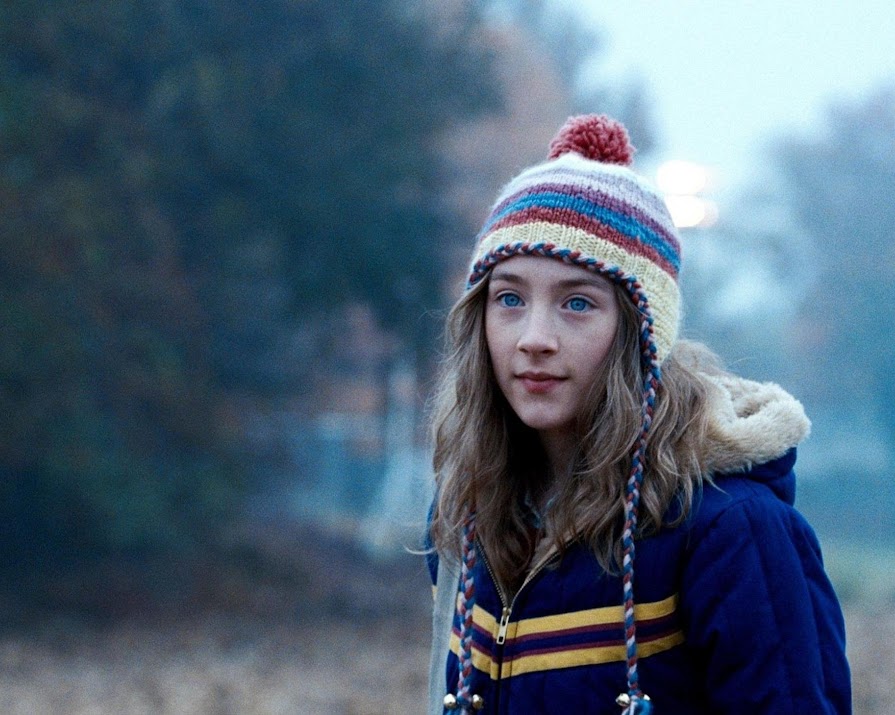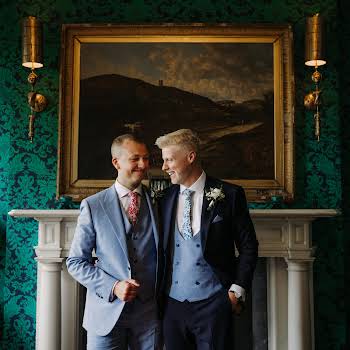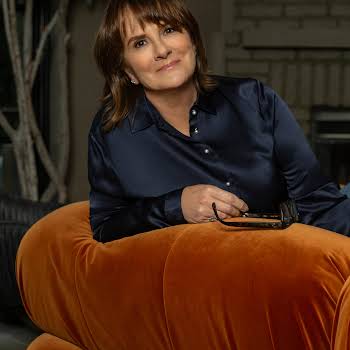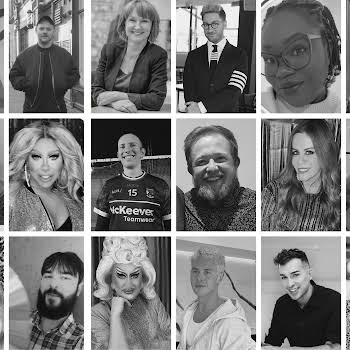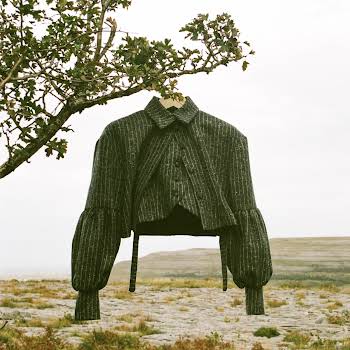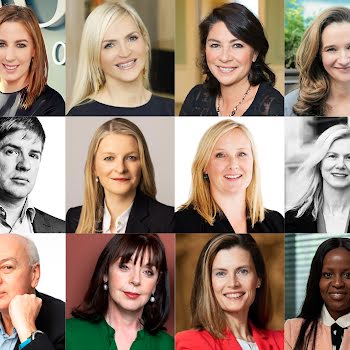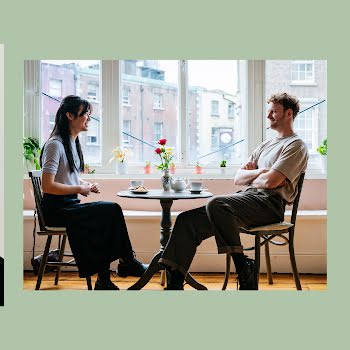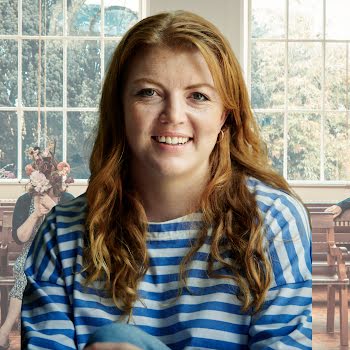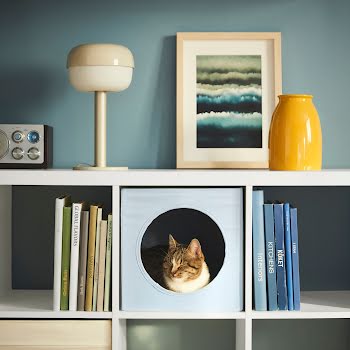By Holly O'Neill
29th Nov 2021
29th Nov 2021
Before The Lovely Bones, author Alice Sebold’s career was launched by her memoir Lucky, which told the story of her rape. Four decades after being accused, it has been proved that Anthony J. Broadwater was wrongly convicted. The case was re-opened when an executive producer on the planned film adaptation of Sebold’s memoir began to question the story.
Anthony J.Broadwater, who was convicted of the rape of bestselling author Alice Sebold, has been fully exonerated. His conviction was overturned in court last week due to what Associated Press called “serious flaws with the 1982 prosecution and concerns the wrong man had been sent to jail.”
Alice Sebold is the author of The Lovely Bones, which sold more than 8 million copies. The book was made into a film in 2009, starring Saoirse Ronan, and tells the story of a teenager coming to terms with her death after she is raped and murdered. Sebold’s debut book, Lucky, launched her career and was a memoir about her attack.
At eighteen, Sebold was raped and beaten during her freshman year at Syracuse University. Five months later, Sebold saw Anthony Broadwater on the street and told the police he was her assailant.
In a police lineup, Sebold identified a different man to Broadwater – the man next to him. In her memoir Lucky, Sebold wrote that Broadwater and the man next to him looked “almost identical” but that she felt she had picked the wrong man. On the witness stand in court, she identified Broadwater.
The case relied on Sebold’s identification of Broadwater and a now-discredited method of hair analysis. Broadwater maintained his innocence but was sent to prison for 16 years.
Anthony Broadwater’s case was reopened due to the planned film adaptation of Sebold’s memoir Lucky, set to star Victoria Pedretti – Love Quinn on Netflix’s You.
The film’s executive producer Tim Mucciante “became skeptical of Broadwater’s guilt when the first draft of the script came out because it differed so much from the book.” Mucciante left the film and used his own money to hire a private investigator and defense lawyer to look into Broadwater’s case.
“I started having some doubts, not about the story that Alice told about her assault, which was tragic, but the second part of her book about the trial, which didn’t hang together,” said Mucciante.
The movie based on Sebold’s memoir Lucky has now been abandoned.
At Broadwater’s exoneration, District Attorney William Fitzpatrick said that witness identifications of strangers, particularly those that cross racial lines – Sebold is white and Broadwater is Black – are often unreliable. “I’m not going to sully this proceeding by saying, ‘I’m sorry.’ That doesn’t cut it,” said Fitzpatrick. “This should never have happened.”
Broadwater was released in 1998 but has lived with the stigma of rape conviction since he was arrested at 20 years old. After his exoneration, he told reporters that he and his wife “wanted children. I wouldn’t bring children in the world because of this. And now we’re past the age. We can’t have children.”
“I just hope and pray that maybe Ms. Sebold will come forward and say, ‘Hey, I made a grave mistake,’ and give me an apology. I sympathize with her,” he said. “But she was wrong.”
Sebold issued a statement on Tuesday apologising to Broadwater. “I am sorry most of all for the fact that the life you could have led was unjustly robbed from you, and I know that no apology can change what happened to you and never will,” she wrote on Medium. “As a traumatized 18-year-old rape victim, I chose to put my faith in the American legal system. My goal in 1982 was justice — not to perpetuate injustice. And certainly not to forever, and irreparably, alter a young man’s life by the very crime that had altered mine.”
Broadwater said he was “relieved that she has apologized” in a statement issued by lawyers. “It must have taken a lot of courage for her to do that. It’s still painful to me because I was wrongfully convicted, but this will help me in my process to come to peace with what happened.”











